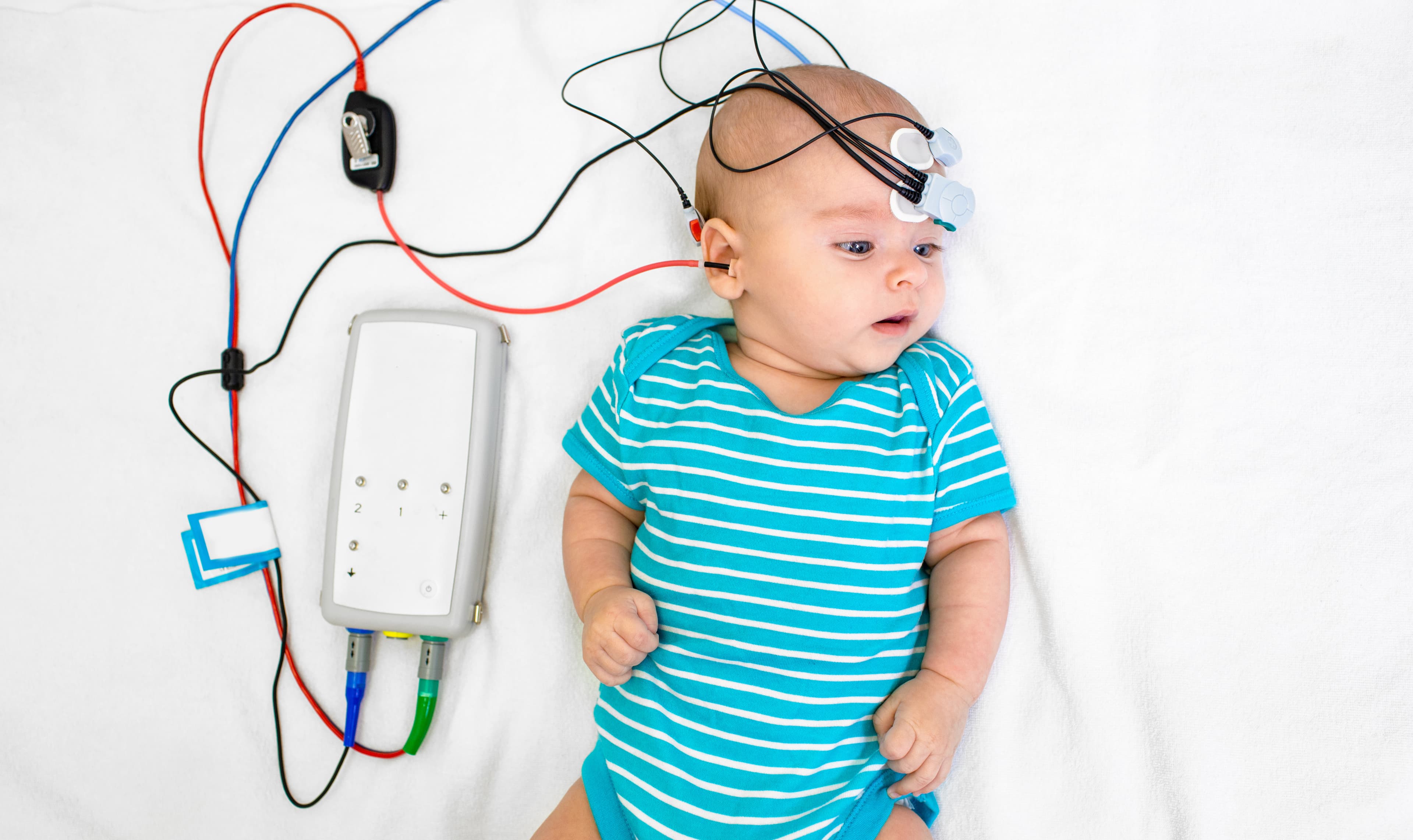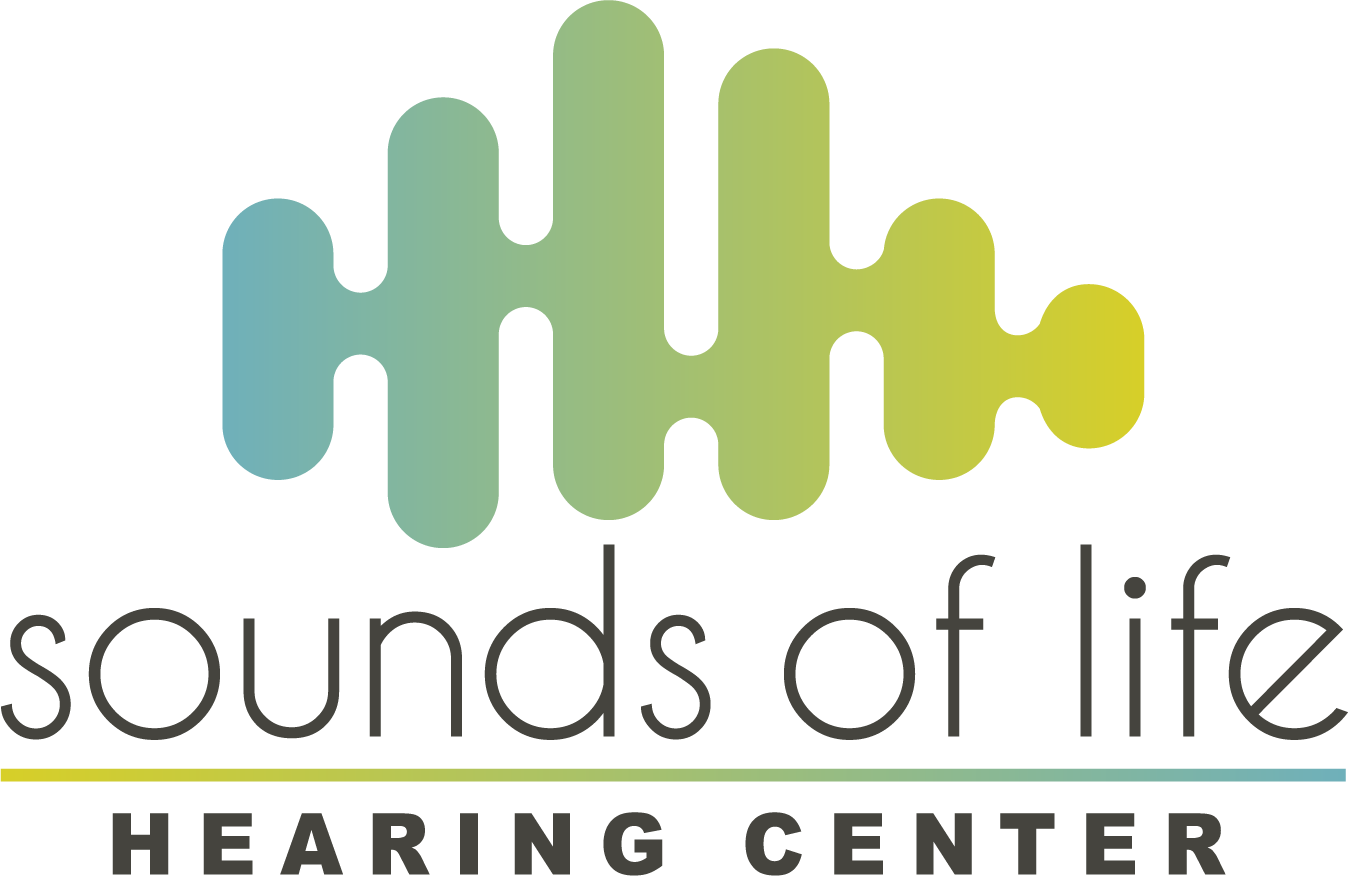Newborn Hearing Test in Painesville, Ohio
Early Detection for Lifelong Learning
Important:
If your newborn did not pass the hospital hearing screen, even in just one ear, or if there was "probably fluid," don't wait—a full diagnostic evaluation is essential.

JCIH Early Hearing Timeline
We follow the Joint Committee on Infant Hearing (JCIH) recommendations for early detection and intervention to protect your child's speech, language, and brain development.
All babies screened
Universal newborn hearing screening completed in hospital
Diagnostic testing if screening failed
JCIH aspirational "123" timeline encourages diagnosis by 2 months
Early intervention if hearing loss confirmed
Early testing and treatment dramatically improve outcomes
Critical Window for Development
Early testing and treatment dramatically improve language, learning, and social outcomes. The first few months of life are crucial for auditory brain development.
Comprehensive Infant Hearing Evaluation
Your baby's assessment may include these advanced diagnostic tests to provide a complete picture of hearing health:
Auditory Brainstem Response (ABR)
Measures how the auditory nerve responds to soft clicks and tones via gentle electrodes.
Auditory Steady-State Response (ASSR)
Complements ABR to provide frequency-specific thresholds for precise diagnosis and early hearing aid programming.
Tympanometry (1 kHz)
Evaluates middle ear function and identifies fluid or pressure problems.
Distortion Product Otoacoustic Emissions (DPOAEs)
Measures inner ear (cochlear) hair cell function to help differentiate sensory vs. conductive loss.
Complete Assessment
Together, these tests provide a complete picture of your baby's hearing health and guide appropriate intervention if needed.
Why Follow-Up Matters – Even for "One Ear" or Suspected Fluid
Unilateral Loss is Significant
Hearing with one ear affects localization, speech in noise, and classroom learning.
Fluid May Mask Issues
Even temporary or mild conductive loss can impact early speech and brain development.
Missed Progressive Loss
Some children pass their newborn screening but develop permanent hearing loss later.
What If My Baby Passed Their Screening?
Risk Factors for Infant Hearing Loss
Babies with the following risk factors should receive ongoing hearing monitoring:
JCIH Recommendations:
What to Expect at a Newborn ABR/ASSR Appointment
Parent Interview
Review pregnancy, birth, NICU history, and risk factors
Electrode Placement
Gentle, painless sensors placed on baby's head
Testing While Asleep
Most infants under 3 months can be tested while naturally sleeping
Tympanometry & DPOAEs
Assess middle and inner ear function
Immediate Results
Explained in parent-friendly language, with next steps if follow-up is needed
Ideal if your baby is recently fed and drowsy
Parent Tips for a Successful Test
These simple preparations can help ensure the best possible testing experience for your baby:
Feed your baby right before the appointment to encourage natural sleep
Avoid naps just prior to testing
Dress in warm, layered clothing and bring swaddles, pacifiers, or comfort items
Expect a quiet, dim room to keep your baby relaxed
"Dr. Curtis is extremely knowledgeable, kind and trustworthy. She tested my newborn daughter (who had failed her newborn hearing screening) and fitted her with her first pair of hearing aids at only 4 months old. Her passion for her profession is a huge reason why I now have a happy, healthy, on-track 3-and-a-half year old preschooler (who proudly wears her hearing aids!) We cannot reccomend Dr. Curtis enough!"
Frequently Asked Questions
We test both ears fully. Even single-ear (unilateral) loss can affect language and learning.
Possibly, but follow-up is critical to confirm normal hearing and rule out masked or progressive loss.
Yes. Children are more likely to develop permanent hearing loss by age 3 than to be born with it. Ongoing evaluation is key.
Yes. Babies with NICU stays, IV antibiotics, oxygen, or ECMO should receive a behavioral hearing evaluation by 6–12 months, even if they passed the initial screening.
Schedule Your Baby's Diagnostic Hearing Evaluation
Following the JCIH 123 timeline gives your baby the best chance for normal speech, language, and cognitive development.
ABR & ASSR testing • JCIH timeline • Early intervention planning • Expert pediatric care
